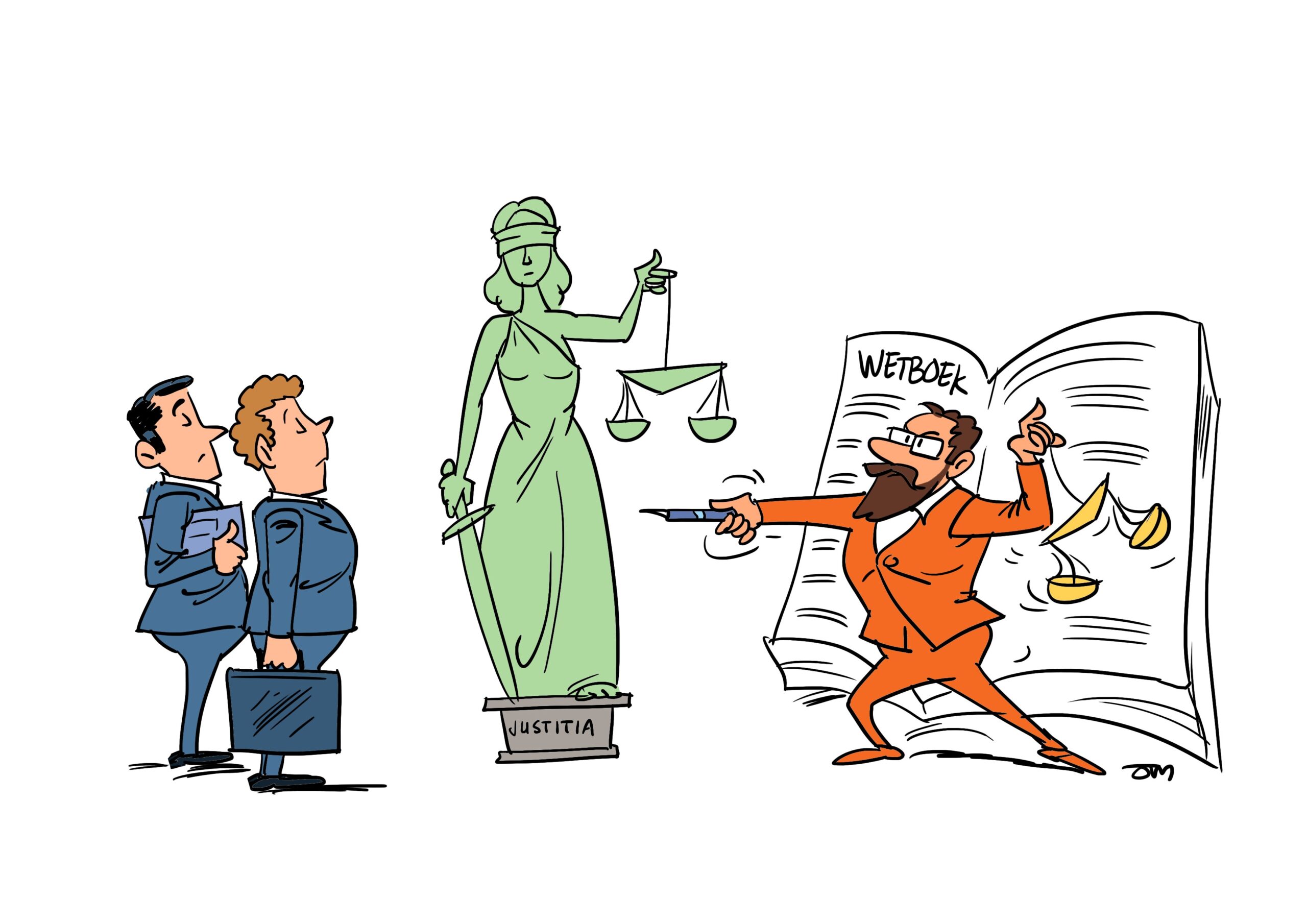Having your main residence in the Netherlands, makes you a Dutch resident tax payer. If you report your income, then you report your world wide income in the Netherlands, even if you paid already tax over the income abroad. Are you paying twice?
Having your main residence in the Netherlands implies that your central point of life is in the Netherlands. This is determined based on facts and circumstances. When you work in a country, then the employment income is subject to tax in that country. This is based on the world wide tax treaties.
What happens when you work in both the Netherlands and another country? You report the total employment income in the Netherlands. The tax paid abroad is taken into account under the double taxation relief. Please note it is a double taxation relief, not a double social premium relief.
Will you be due Dutch income tax? That depends on the foreign tax rate. The Dutch tax rate in the Netherlands is 5.85% over the first EUR 19.645 and 10.85% over the following EUR13.718, 42% over the next EUR 22.628 and 52% over the income exceeding EUR 55.991 (2013 rates).
Please understand that the foreign income comes on top of the Dutch income, hence the foreign income is in the highest applicable tax rate. If you earn a total income in the first tax bracket, you might think that you only pay 5.85% Dutch income tax, hence full double taxation as we assume the other country tax rate is higher. But then you need to investigate the social premiums. If you are socially insured in the Netherlands, then you are due 31.15% up to EUR 33.363 (2013 rates). For this there is no double taxation relief.
When the foreign income is in the 42% tax bracket and you paid 40% over the income already abroad, you pay an additional 2% in tax.
The double taxation relief is an exemption, that implies full relief, if the income can only be taxed by the foreign country. The most common example is real estate. You have to report the Box 3 value in your Dutch income tax return, but the Netherlands cannot tax the foreign real estate, hence you receive a full exemption for the tax amount.




